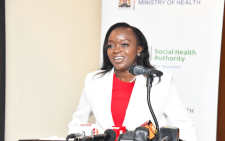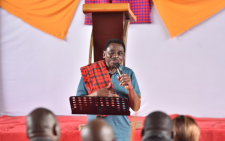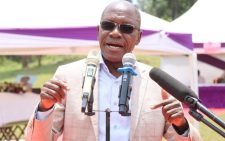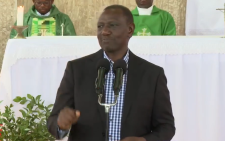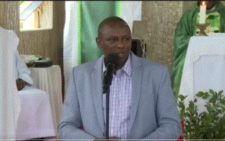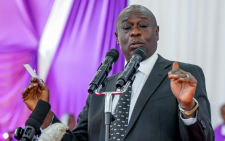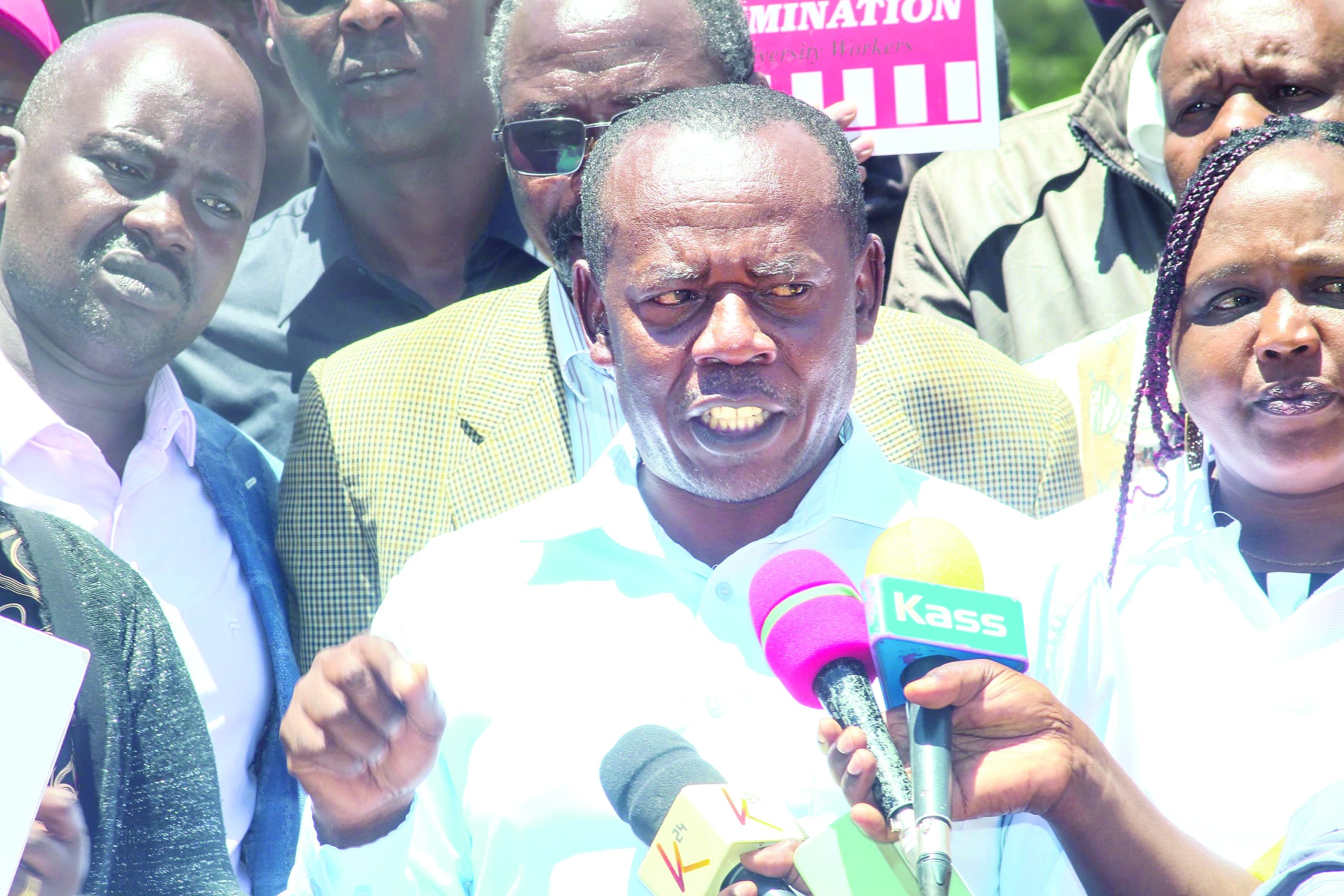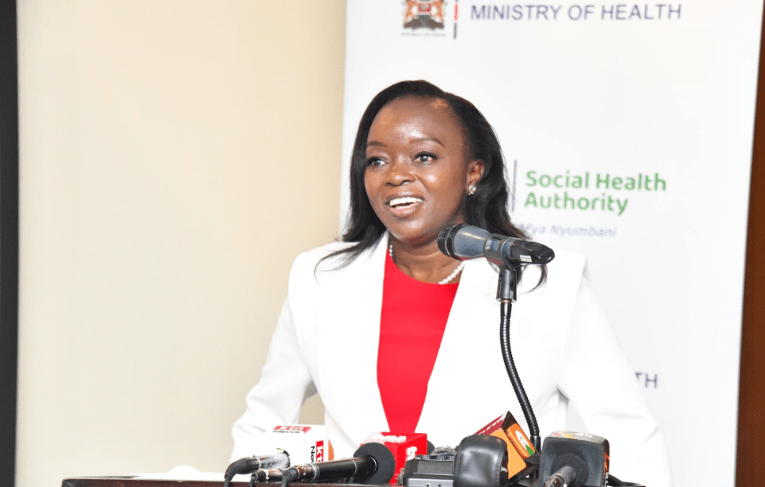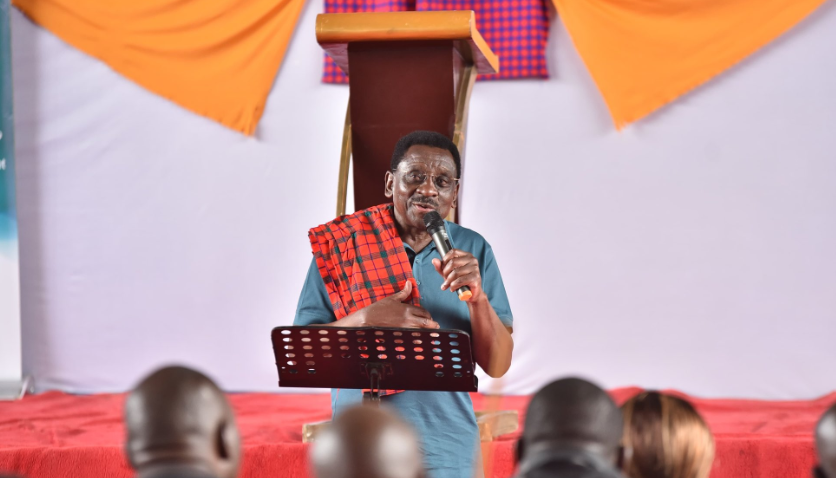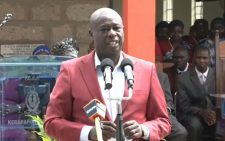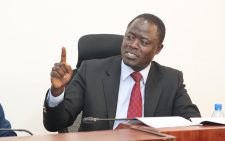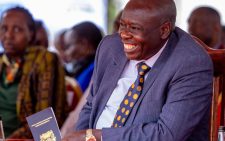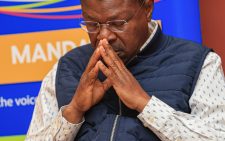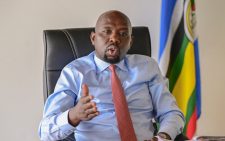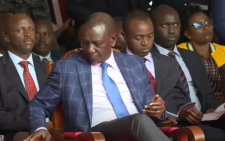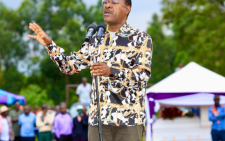What is basic education?
This is one of the many questions members of a delegation from Uganda raised during a benchmarking tour in September 2023 on Kenya’s education reform initiatives asked their Kenyan counterparts.
The question came after the group was told at the Kenya Institute of Curriculum Development that the government had organised the Ministry of Education into three State departments: Basic Education, Technical, Vocation Education and Training, and Higher Education and Research.
Structurally, basic education refers to pre-primary, primary and secondary schools. But the phrase is much more than structure. It condenses an idea about education that laypeople those who are not educationists may not be aware of.
The idea is that education, properly considered, involves the learning, and mastering of basic skills, the arts, and sciences that have been useful in the past and – properly curated and taught are likely to remain useful into the future.
Implied in this perspective is that there are essential skills that have contributed to the survival, well-being and safety of the human race as a whole. The skills in question are reading, writing, arithmetic, and civilised social behaviour.
The belief is that all these skills should be embedded in every sound elementary and primary curriculum. In secondary schools, the basic curriculum should consist of the arts and humanities, mathematics, sciences and languages.
Education finance, teacher education, universal access and equity in education, and infrastructure needs, among others, rightly dominate discourse among policy and opinion leaders. They are critical to the delivery of education as a service. They are necessary in creating the right teaching and learning environment.
However, the discourse is in the light of an overriding goal: imbuing students with basic or essential skills that are the foundation of quality education in its own right and as a preparation for work, and advanced education and training after the first 12 years of learning.
The core of education at this level is concerned with what the American intellectual, author, editor, radio and television personality Clifton Fadiman referred to as subjects that have generative power.
“Among these subjects are those that deal with language, whether or not one’s own; forms, figures, and numbers; the laws of nature; the past; and the shape and behaviour of our common home, the earth,” Fadiman argues in his The Case for Basic Education, written under the auspices of the Council for Basic Education, an advocacy group that stood for a rigorous curriculum in American schools.
“Apparently, these master or generative subjects, endow students with the ability to learn the higher, more complex developments of these master subjects as well as the minor or self-terminating ones.”
When it refers to basic skills, the phrase basic education underscores the critical role literacy and numeracy plays in quality learning and in the impact it has on preparing children to effectively participate in the political economy of the country and the world as whole.
Basic skills, implied in the idea of basic education, are the open sesame, the lodestar of quality education. It is the foundation stone for education excellence anywhere in the world.
This is why the Presidential Working Party on Education Reforms pitched enhanced focus on foundational skills – literacy and numeracy skills – in the Competency Based Curriculum.
In designating a State Department for Basic Education, the framers in President Uhuru Kenyatta administration had a definite conception of what the lowest tier of education – primary and secondary education – should do for the country. To impart generative power in learners , with the aim of bestowing “students with the ability to learn the higher, more complex developments of master subjects as well as the minor or self-terminating ones”.
They need these basic skills, whatever they choose to become and do with their lives.
— The writer is a
Communications Officer with the Ministry of Education





